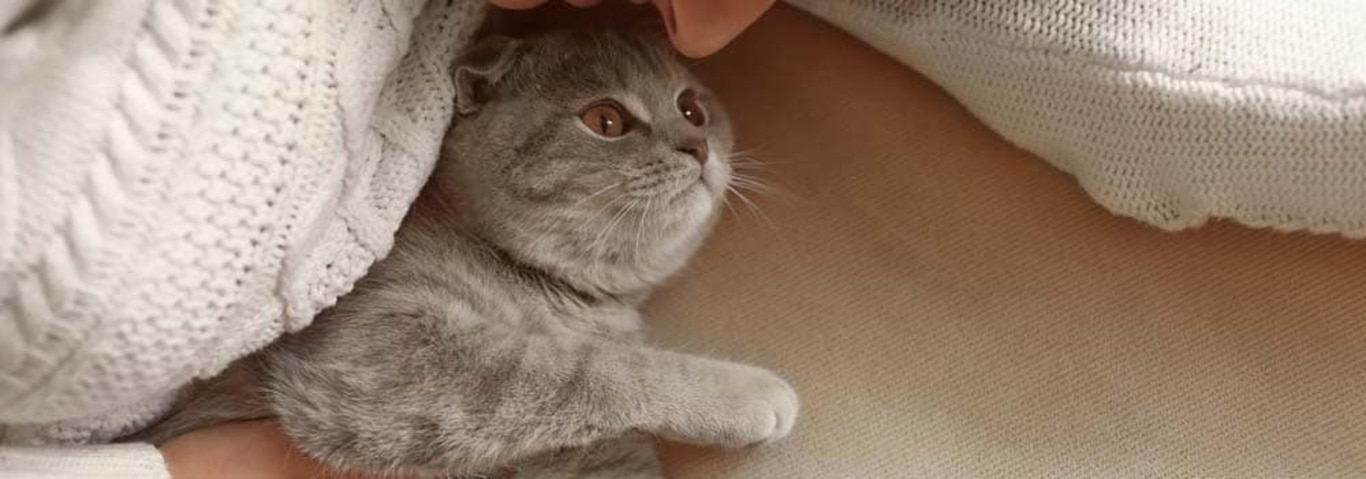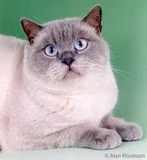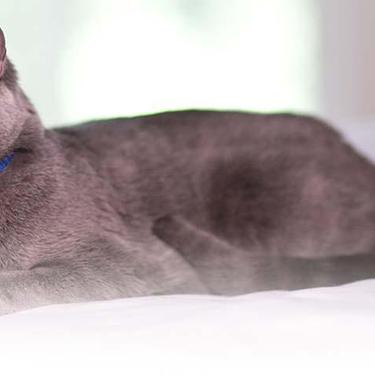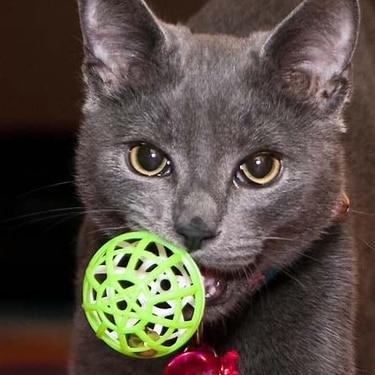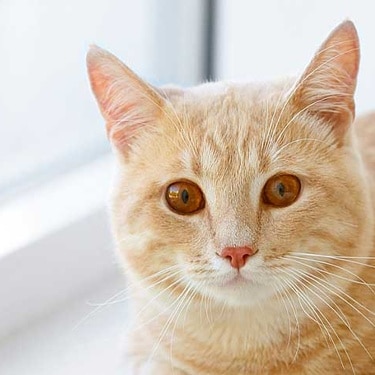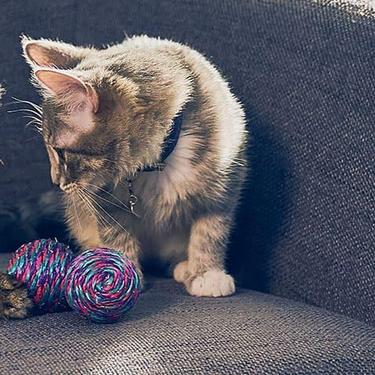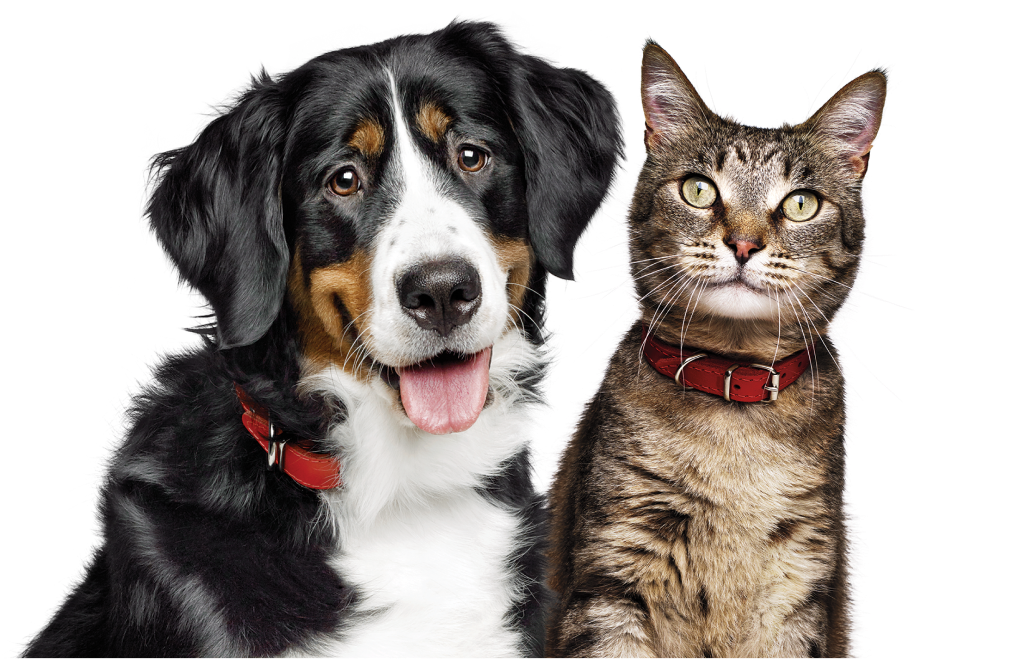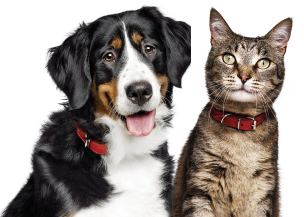About
As a powerful cat, all components of this breed should be well developed. The British shorthair has a broad chest, muscular neck, strong jaws and a well developed muzzle. The legs are thick and strong. The breed looks like what they originally were, a cat to keep rodents out of the barn and the house.The coat of the British shorthair is thick and dense. It becomes much longer and thicker during the winter. The texture of the coat is relatively hard, as it is meant for protection.When you pick up a British shorthair, you should always support the back end.|
Personality
The British shorthair is a very pleasant cat to have as a companion. They are easy going and placid. The British shorthair is a fiercely loyal, loving cat and will attach themselves to all family members.While the British shorthair loves to play, they don't need hourly attention. If in the mood to play, they will find someone and bring a toy to that person. The British shorthair also plays well by themselves, so is a good companion for single people.
What to Expect
The British shorthair is a thick muscular cat, so nutrition must be carefully controlled. Despite heavy boning and musculature, you want to make certain they keep an appropriate weight. They must get adequate exercise and interactive play may be necessary to keep in good shape.The British shorthair will play when they want to play and will find a toy or create one out of anything they find if a cat toy is not available.Daily brushing is important, especially during seasonal changes when the coat is thickening or thinning. They can get knots in their coat if not brushed regularly.The British shorthair tolerates being left alone. They are affectionate but also spends time just sleeping in the sun. The British shorthair is an easy cat to care for and makes a wonderful, quiet companion.
History
The British shorthair, while originally came from the farms and streets of Britain, is also considered to be the first cat of the cat fancy. The "father" of this breed is Harrison Wier, who is thought of as the first professional cat breeder. He is known in cat fancy history as the "Father of the Cat Fancy." Not only was he the first professional breeder, but he also determined the rules for the first cat show, which was held in Britain in 1871.As if this was not enough, Harrison took the humble street cat of Britain and, through an intensive breeding programme, transformed it to the pedigree breed that he named the British. The British fell in love with their new now-pedigreed breed. When the Persian was introduced into Britain, it nudged out the British shorthair for the most popular breed temporarily. During the Second World War, as in the First World War, the British shorthair breed was decimated, but it always re-emerged into the top ranks of popularity. Today, the British shorthair is accepted in cat registries worldwide. At one time, it was known as the British blue, but since it comes in a variety of colours, it is called either the British or the British shorthair.
Adopt a pet. Change a life.
Are you prepared to adopt a pet? Use these tools to make sure you are ready for the commitment.
Adopt a pet. Change a life.
Are you prepared to adopt a pet? Use these tools to make sure you are ready for the commitment.












